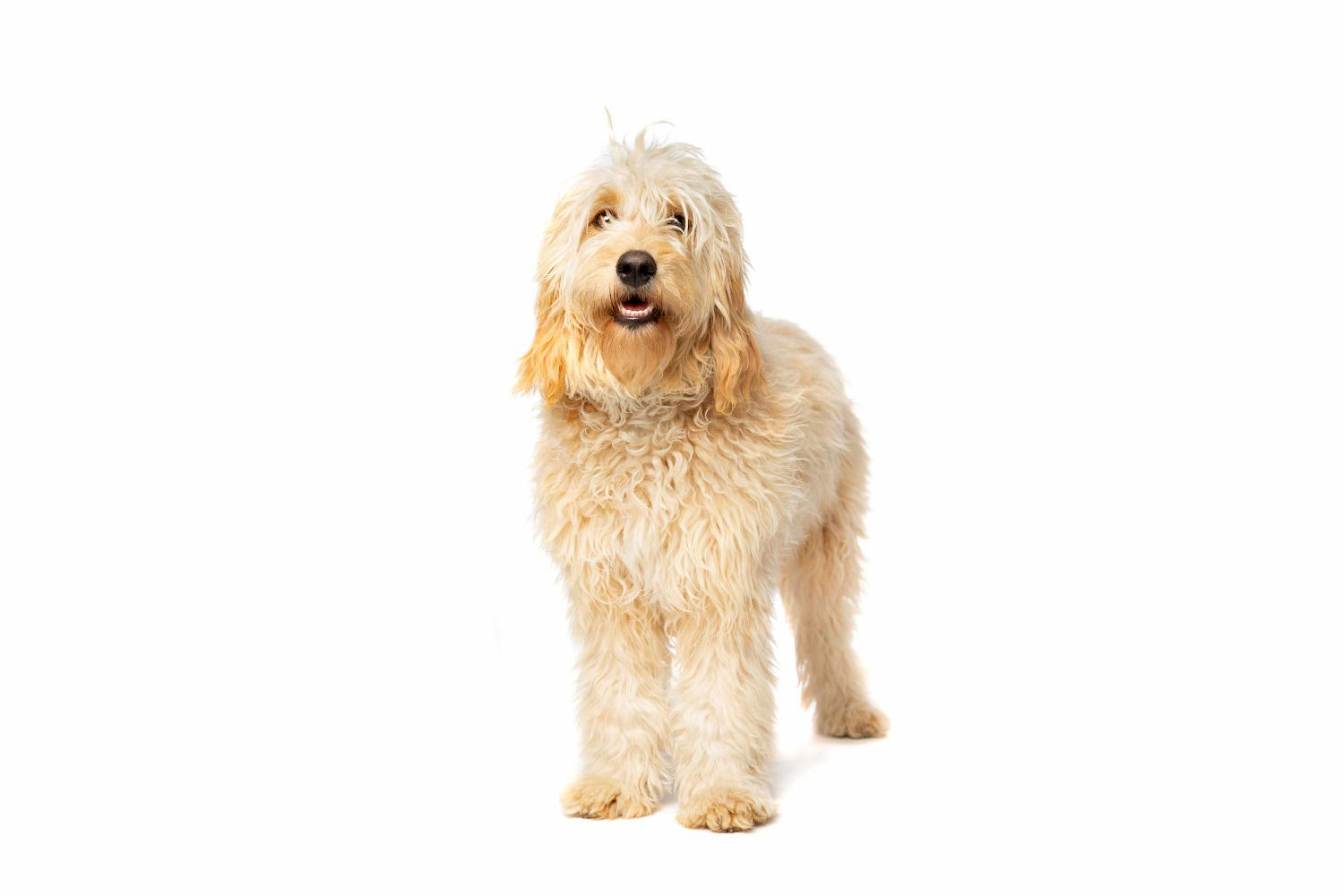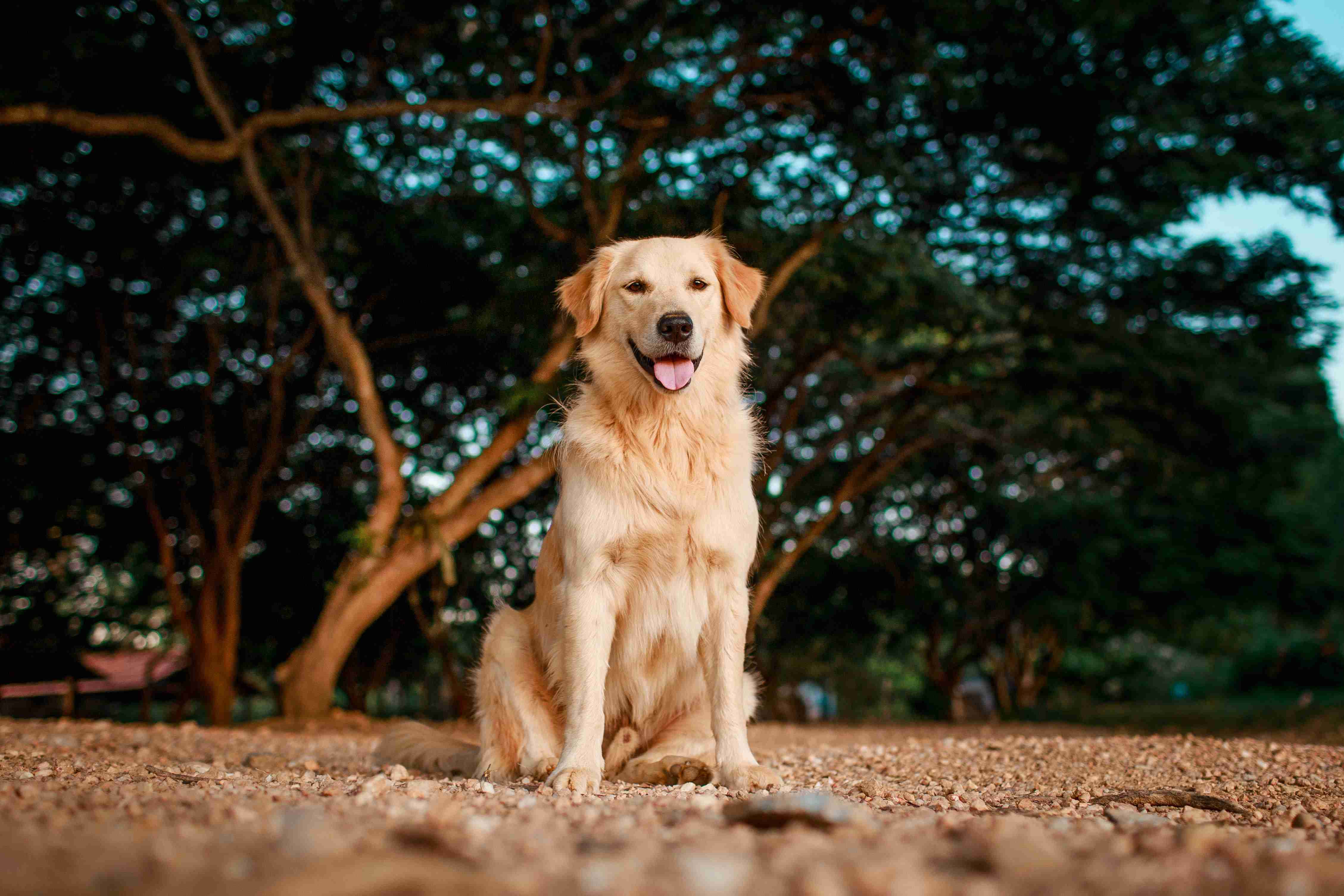Are you a proud poodle owner? If so, you may already be aware of the unique and lovable qualities that these furry companions possess. But did you know that, just like humans, poodles can also suffer from respiratory allergies? It’s true! In this blog post, we will delve into the world of poodles and allergies, specifically focusing on respiratory allergies. We will explore the causes, symptoms, and most importantly, the treatment options available to help your poodle breathe easy and live a happy, allergy-free life. Whether you’re a seasoned poodle parent or considering adding one to your family, this article is a must-read for every poodle lover. So, let’s dig in and discover how we can keep our beloved poodles healthy and allergy-free!
Poodles and Allergies: Exploring Respiratory Allergies in Poodles and Effective Treatment Options
Poodles are one of the most popular dog breeds known for their adorable looks, intelligence, and hypoallergenic coats. However, just like any other breed, poodles are not immune to certain health issues, including respiratory allergies. In this blog post, we will delve into the topic of respiratory allergies in poodles, their causes, symptoms, and explore the various treatment options available to alleviate their suffering.
Understanding Respiratory Allergies in Poodles:
Respiratory allergies in poodles are commonly caused by allergens present in their environment. These allergens can trigger an immune response in sensitive poodle’s respiratory system, leading to various symptoms such as coughing, sneezing, wheezing, and difficulty breathing. It is essential for poodle owners to be aware of these symptoms and seek proper diagnosis and treatment options.
Causes of Respiratory Allergies in Poodles:
1. Pollen: Pollen from grass, trees, and flowers can be a significant trigger for poodle allergies, especially during the spring and summer months.
2. Mold and Mildew: Damp areas, such as basements or bathrooms, can harbor mold and mildew, which can lead to respiratory allergies in poodles.
3. Dust Mites: These microscopic creatures can be found in bedding, carpets, and upholstery, causing allergies in poodles.
4. Smoke and Chemical Irritants: Second-hand smoke, household chemicals, and certain cleaning products can irritate a poodle’s respiratory system, leading to allergies.
5. Food Allergies: While respiratory allergies are more commonly caused by environmental factors, some poodles may also have allergies to specific ingredients in their food, causing respiratory symptoms.
Symptoms of Respiratory Allergies in Poodles:
1. Frequent sneezing
.jpg)
2. Coughing and wheezing
3. Difficulty breathing or shortness of breath
4. Nasal discharge or congestion
5. Itchy or watery eyes
6. Excessive licking or chewing of paws or body
Treatment Options for Respiratory Allergies in Poodles:
1. Environmental Management: The first step in managing respiratory allergies in poodles is identifying and minimizing exposure to allergens. This may include regular cleaning, using air purifiers, keeping poodles away from smoke, and minimizing outdoor exposure during high pollen seasons.
2. Medications: In some cases, veterinarians may prescribe antihistamines, nasal sprays, or corticosteroids to alleviate the symptoms of respiratory allergies. It is crucial to consult with a vet to find the right medication and dosage for your poodle.
3. Immunotherapy: Allergy shots, also known as immunotherapy, can be an effective long-term treatment option for poodles with respiratory allergies. This treatment involves gradually exposing the poodle to small amounts of the allergen to desensitize their immune system over time.
4. Dietary Changes: If food allergies are suspected, switching to a hypoallergenic or limited ingredient diet may be recommended. This can help identify and eliminate potential food allergens contributing to respiratory symptoms.
5. Regular Grooming and Bathing: Regular grooming, including brushing and bathing, helps remove allergens trapped in the poodle’s coat. It is essential to use mild, hypoallergenic shampoos and consult with a groomer for specific recommendations.
Respiratory allergies in poodles can be a challenging condition to manage, but with the right knowledge and treatment options, poodle owners can help their furry friends lead a comfortable life. Understanding the causes, recognizing the symptoms, and seeking veterinary guidance will play a crucial role in ensuring proper diagnosis and effective treatment for respiratory allergies in poodles. By creating a safe, allergen-free environment and utilizing medications or immunotherapy when necessary, poodle owners can provide the best possible care for their beloved pets.
In conclusion, respiratory allergies can indeed affect Poodles, just like any other breed. As loving pet owners, it’s important for us to recognize the signs and symptoms of respiratory allergies and be proactive in seeking the appropriate treatment options. From avoiding triggers to utilizing medication and making necessary lifestyle changes, there are various ways to manage and alleviate your beloved Poodle’s respiratory allergies. Remember, consulting with a veterinarian is crucial in determining the best course of action for your furry friend. With proper care and attention, you can ensure that your Poodle lives a happy, healthy, and allergy-free life. So, breathe easy knowing that you are equipped with the knowledge and tools to provide the best care for your precious Poodle, no matter what respiratory challenges they may face.


.jpg)
%20-%20Copy.jpg)
%20-%20Copy.jpg)



%20-%20Copy.png)